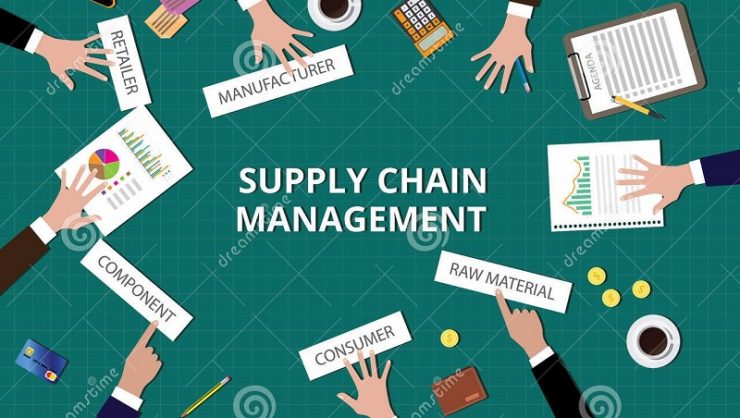IN BUSINESS, especially medium to large scale, of course all functions such as Marketing, Sales, Supply Chain, Finance, Human Resources, Legal or other functions have important and interrelated roles to make a business successful.
Especially for Supply Chain Management (SCM), the importance of this function is to ensure that the demand generated by the Marketing/Sales function can be fulfilled with good quality. In short, if the Marketing/Sales function has built a brand and succeeded in bringing in consumers, the Supply Chain function must be able to ensure that these consumer demands can be met.
Here are 4 important roles of Supply Chain Management (SCM) which are closely related to one another:
1. Planning
The first very important role is planning. There are two aspects involved in planning.
The first thing that is also the beginning of the SCM process is demand planning, which is how planning is carried out at the request of consumers which is closely related to the Marketing/Sales function. For example, planning or estimating how many requests for beef hotplate or fried rice portions in one day/week/month, both organic requests (baseline requests without promo activity) or extra/additional requests due to promo activities.
The second is supply planning, which is planning on how many raw materials and supporting materials that must be available to meet this demand. For example, how many kilograms of beef are needed or how much rice must be prepared so that consumer demand in a certain period (for example, days/weeks/months) can be fulfilled.
2. Procurement (Sourcing)
The second role is the role of procurement (sourcing). After the demand & supply planning process has been carried out, then the role of SCM is to ensure the procurement of the necessary materials.
Matters that need to be managed include the process of finding suppliers with the most competitive prices, the process of negotiating prices and terms of payment (TOP), the ordering process, purchase orders (PO), to receiving goods from suppliers, including inventory management of materials. raw materials such as how much chicken should be stored in the freezer to meet the daily needs of the outlet, or how many paper boxes should be stored for online orders or take-away needs.
3. Production
Next is the production role. In short, this process is about the process of making a final product such as a plate of chicken hotplate or a glass of milk coffee. Things that need to be managed, for example, are the production standards in the kitchen or bar, how long the deep-frying process must be done so that the chicken feels crispy with the right level of maturity and how the process of checking the quality of the finished product is to maintain taste and consumer satisfaction.
Depending on the set-up of the culinary business, sometimes this production function may be included in the operational section. But basically this production process is an integrated part of SCM.
4. Delivering
The last role of SCM which is equally important is delivering. For a culinary business that has just one branch, this may not be very relevant. But for a culinary business that has several or many functions, this must be considered carefully. For example, if you have a central kitchen or ghost kitchen, you have to send products to these branches in either finished or semi-finished form.
The frequency of delivery, mode of transport and cost of transport must be well planned so that product distribution can be carried out optimally. Likewise with decisions related to warehouse management, for example, whether additional warehouses are needed to reach remote areas. [foodizz.id/photo special]
















